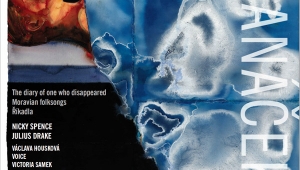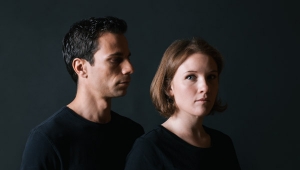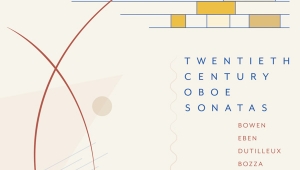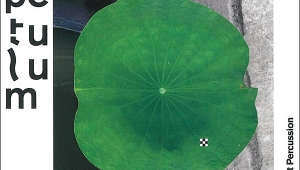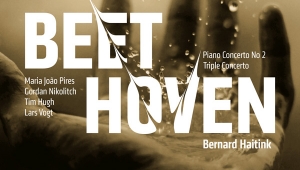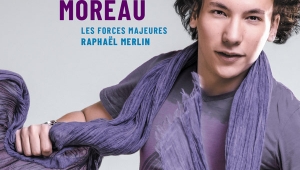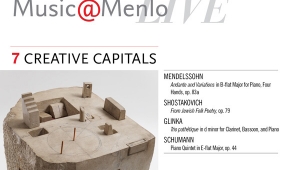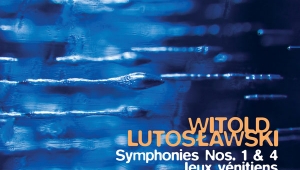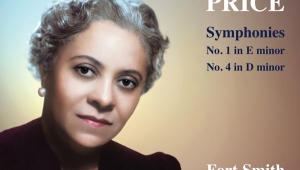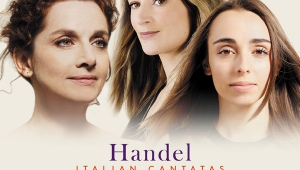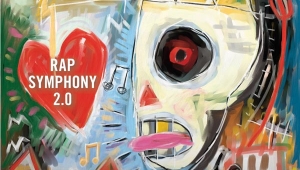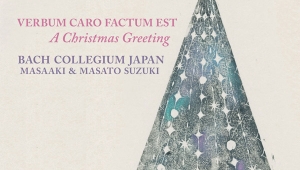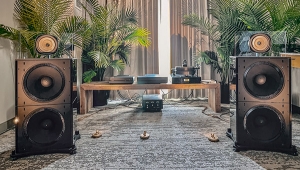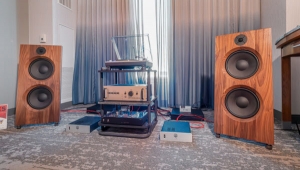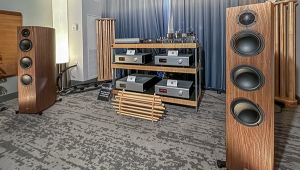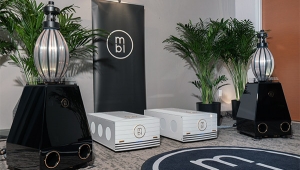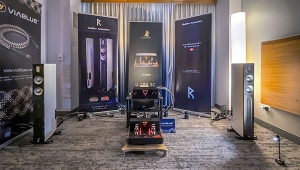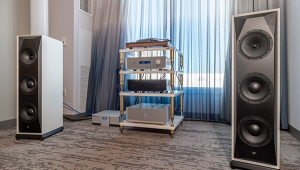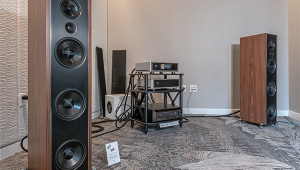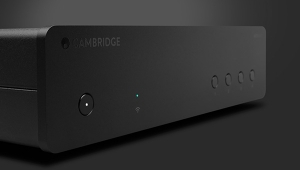| Columns Retired Columns & Blogs |
Goerne & Andsnes Give Schumann’s Longing New Life
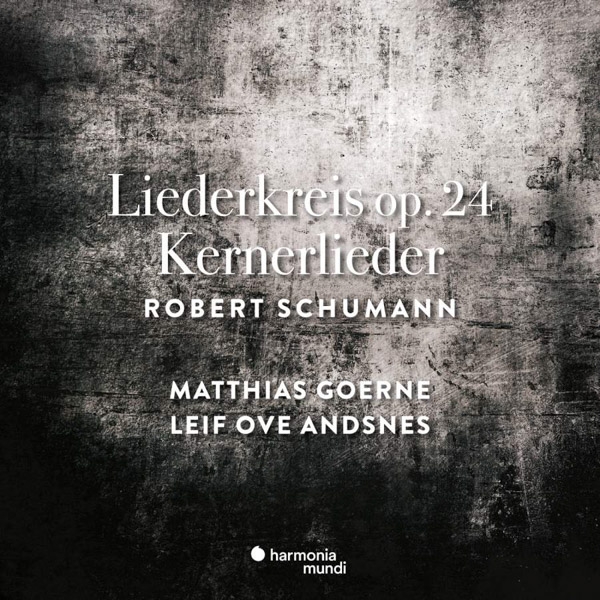
What better way to get into the proper frame of mind for Munich High End than by listening to native German speaker baritone Matthias Goerne’s new recording of Schumann: Liederkreis, Op. 24—Kerner-Lieder Op. 35, with accompaniment by the distinguished piano soloist Leif Ove Andsnes? It’s available on CD (Harmonia Mundi HMM902353), as a download (up to 96/24), and streaming.
One of Goerne’s great assets as a singer of German lied (song) is the sheer beauty of his voice. But beyond his beauty of sound lies a rare marriage of sincerity, emotional depth, and unforced identification with the emotions expressed by the women and men of these songs. Goerne never sounds like he’s an opera singer striving to let his hair down and convince you that he is one with Schumann’s music. He simply is. When he slows down during a phrase, you never imagine him thinking, “This will sound more convincing if I stretch this out a bit.” Rather, he feels the words and music and obeys what his heart tells him to do.
He is also the most intimate of singers. While he’s not averse to singing out when Schumann calls for it, most of the time he shares in a half voice ideally suited to the lyrics’ intimacies. When he sings of trees and birds, you sense that he has spent time in the countryside and values their messages. When lovers whisper or a grief-striken suitor sings (in translation), “My heart is breaking: Die, love and light!,” as he does in “Stirb, Lieb’ und Freud’” from Liederkreis, he feels what he speaks.
Goerne once made it clear to me how much he values working with a sympathetic pianist. When I mentioned one of his lieder recordings with Alfred Brendel, he replied that he did not recommend that I listen to it. The two men, he said, were of very different minds as to how the songs should be sung.
I do not sense conflict in this recording. Andsnes seems at one with Goerne, more intent on supporting his expression in the piano postludes than making his own statement. Together they make beautiful music.
Both of these song collections were written in Schumann’s bumper year for song, 1840, when he was hoping to marry his beloved Clara. Along with his famed cycle Dichterliebe, they are among the greatest statements of romantic love ever composed. They include several unforgettable unions of melody and emotion, among them “Schöne Wiege meiner Leiden” (Lovely cradle of my sorrows).
I auditioned these songs, which were recorded in March 2018 in the famed Teldex Studio Berlin, in 24/96, in a quiet corner of an airport, using the new Audirvana to send signal through an AudioQuest Dragonfly Red to ancient, noise-resistant Shure high-end earbuds. The sound was spacious and warm. For anyone who either loves art song or is curious about it, I recommend this recording highly. You’ll need some silence and, if you don’t speak German, enough light to read the English or French translations by. The effort is more than worth it.
- Log in or register to post comments
